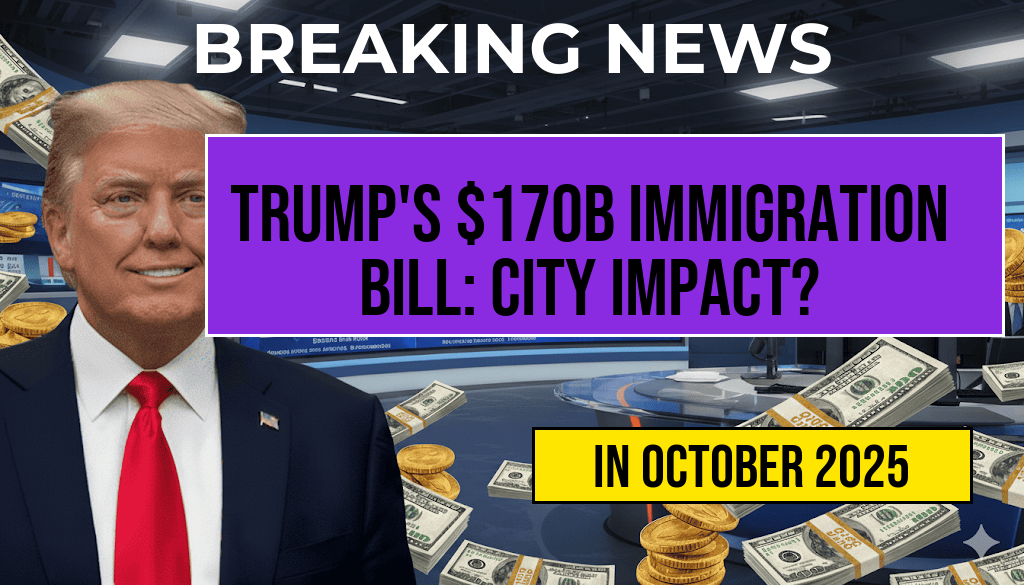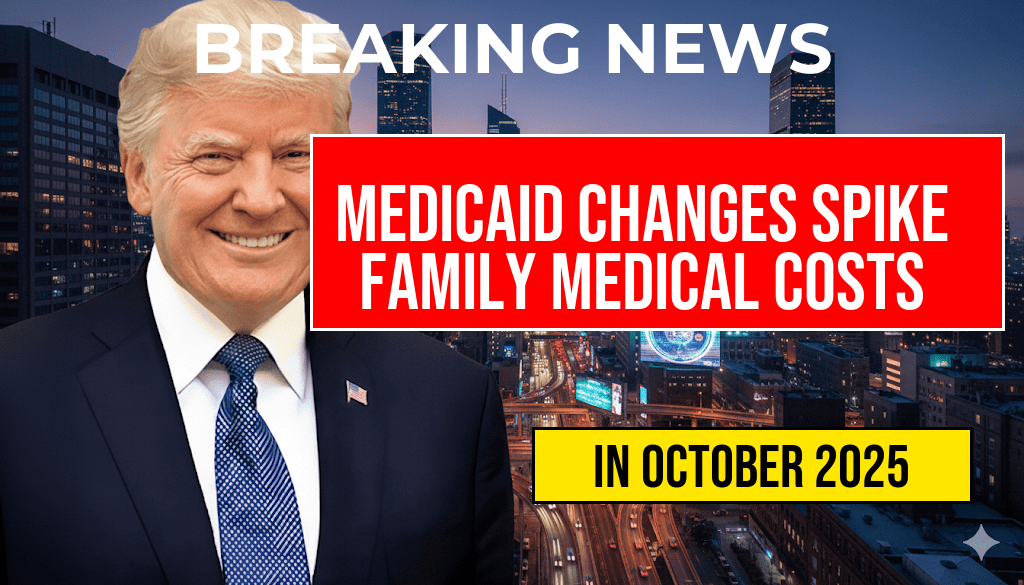Former President Donald Trump has unveiled a sweeping immigration bill aimed at addressing critical issues in the U.S. immigration system, proposing a $170 billion allocation to revamp border security, streamline processes, and address the status of undocumented immigrants. This ambitious plan seeks to bolster local economies by enhancing funding for cities across the nation that are directly impacted by immigration policies. With Trump positioning himself for a potential 2024 presidential run, this proposal raises questions about its feasibility and potential benefits for various communities. Will your city stand to gain from this financial overhaul?
Key Components of the Immigration Bill
The proposed immigration bill is multifaceted, focusing on several core areas:
- Border Security Enhancements: Increased funding for border patrol and surveillance technologies to curb illegal immigration.
- Visa System Overhaul: Simplified pathways for legal immigration, particularly for skilled workers and those with family ties in the U.S.
- Support for Undocumented Immigrants: Programs aimed at providing a pathway to citizenship for certain undocumented individuals, especially those contributing to local economies.
- State and Local Government Support: Financial aid for cities that experience significant impacts from immigration, including infrastructure and social services.
The Financial Implications for Cities
As the bill moves through legislative discussions, local governments are evaluating how they might benefit financially. Key aspects include:
| City | Estimated Benefit | Key Programs |
|---|---|---|
| Los Angeles | $20 million | Infrastructure, housing support |
| Houston | $15 million | Healthcare, public safety |
| New York City | $25 million | Education, community services |
Community Reactions and Challenges
The response to Trump’s immigration bill has been mixed. Supporters argue that it will enhance local economies, reduce the burden on public services, and provide a structured approach to immigration. Critics, however, raise concerns about the feasibility of the proposed funding and the potential for increased division on immigration issues.
Support from Local Leaders
Many city officials welcome the financial incentives. For example, the mayor of Houston stated, “This funding could significantly help us manage our resources better and improve services for all residents.” Local businesses also express optimism, expecting an influx of skilled workers that could stimulate economic growth.
Concerns About Implementation
Despite the potential benefits, significant hurdles remain. Analysts question whether the funding proposed will be sufficient to address the complexities of the immigration system. A report from the Forbes suggests that while the funding could provide immediate relief, long-term solutions will require bipartisan cooperation and sustainable policy changes.
Looking Ahead
As Trump’s immigration bill progresses through Congress, the implications for cities nationwide will become clearer. Local governments are urged to prepare for potential changes in immigration patterns and the economic landscape. Monitoring developments closely will be essential for community leaders and residents alike, as they navigate the challenges and opportunities presented by this significant legislative effort.
For further details on immigration reform, you can visit Wikipedia for an overview of past reforms and their impacts.
Frequently Asked Questions
What is the main focus of Trump’s proposed $170 billion immigration bill?
The proposed $170 billion immigration bill primarily aims to reform the current immigration system, addressing issues such as border security, visa processes, and the integration of immigrants into the workforce.
How will this bill financially impact cities across the United States?
Cities could potentially see a financial boost through increased federal funding for infrastructure and community services, aimed at accommodating a growing immigrant population and enhancing local economies.
Are there specific provisions in the bill that will benefit local governments?
Yes, the immigration bill includes provisions for grants and funding aimed at local governments to help them manage the influx of immigrants and improve essential services such as education and healthcare.
What are the potential challenges cities may face with this immigration bill?
Some cities may struggle with the implementation of new policies, leading to challenges such as resource allocation and addressing community concerns about rapid demographic changes.
How can residents of affected cities get involved or voice their opinions on the bill?
Residents can engage by attending local government meetings, contacting their representatives, and participating in community forums to express their views on the immigration bill and its potential impact.






